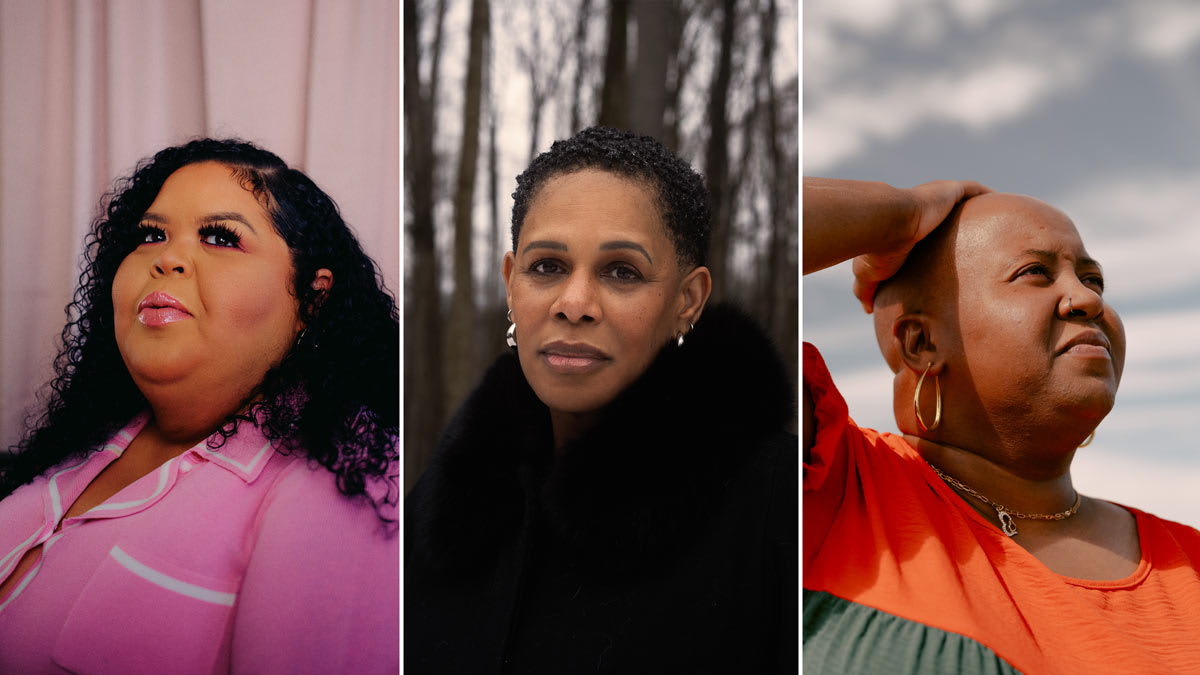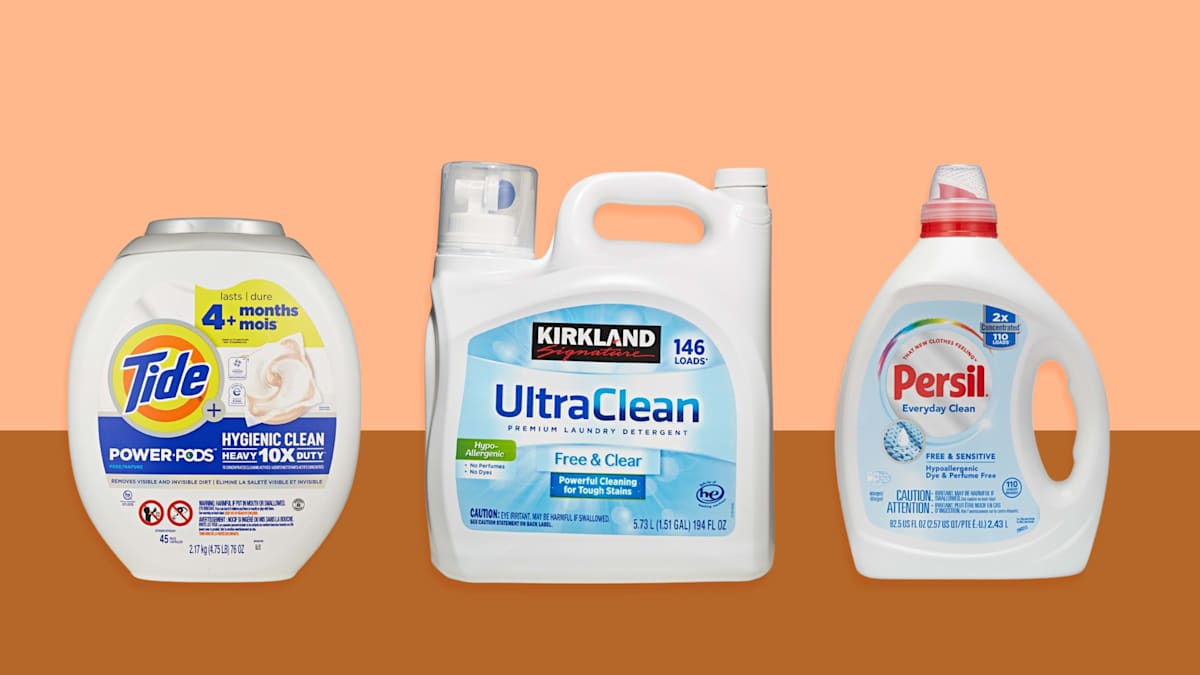Women Allege That Using Hair Relaxers Gave Them Cancer

This article is part of Consumer Reports’ Beauty Justice series, which launched with our tests for chemicals and contaminants in synthetic braiding hair products and a campaign to get toxic chemicals out of them.
Drugstore shelves and beauty salon supply rooms are bursting with products promising to straighten, strengthen, smooth, shine, curl, or otherwise tame women’s hair. Some of the processes can be unpleasant, but over their lives many women come to accept the idea that pain can be the price of beauty.
Particularly for Black people, this uneasy negotiation starts young. White-centric beauty norms, along with a desire for hair that is more manageable, have led many Black women and girls to use chemical relaxers—also called perms—from childhood on.
Many women who grew up having their hair chemically straightened say they always knew the ingredients in perms were harsh. They had a noxious smell. They burned their scalps. But while they may have dreaded the process, which could take hours every couple of months, they say they had no idea it could be putting their health at risk.
Now many are beginning to reconsider that assumption of safety. In 2022, a National Institutes of Health study showed that women who frequently used hair relaxers were at higher risk for uterine cancer than women who did not use these products. The study data included over 33,000 women participating in the Sister Study, which followed over 50,000 women for more than a decade. It found that women who used hair relaxers had a 2½ times greater chance of developing the disease than those who did not.
These findings came on the heels of many earlier but smaller studies that correlated hair relaxer use with other reproductive-system problems, including uterine fibroids, breast cancer, ovarian cancer, and an earlier onset of puberty for girls.
The alleged culprits, according to the researchers, are parabens, phthalates, bisphenol A (BPA), and other “endocrine disrupting” chemicals in hair relaxers that can affect the development of the body’s hormone system, thus contributing to certain hormone-related health problems, including reproductive cancers. Some of the products also contain formaldehyde—another carcinogenic chemical—or release it into the air when heated.
An earlier study in 2018 by Silent Spring Institute had identified dozens of endocrine-disrupting ingredients in Black hair-care products, many of which were not listed on the product labels. The Food and Drug Administration still allows dozens of ingredients in cosmetics to be unlisted if they are categorized as “fragrance,” which safety advocates say is a loophole that allows manufacturers to hide the presence of toxic chemicals.
The manufacturers of hair relaxers say that these scientific studies don’t specifically implicate their products, or even any specific ingredients. They say that correlation between hair relaxer use and cancer does not imply causation. But the growing body of scientific research that suggests that certain chemicals in hair relaxers are harmful has caused many women to examine their personal histories with these treatments over so many years.
A large number of them—10,100 and counting—have filed lawsuits against hair relaxer companies to claim the chemicals in their products put them at risk. The companies include L’Oréal (which owns Dark & Lovely and SoftSheen-Carson), Revlon, Strength of Nature (the maker of Just for Me and African Pride relaxers), and many others that made relaxers to use at home or in salons.
To help other women avoid the same possible danger, three women who are part of the litigation share their experiences—about the normalization of chemical hair straightening in their youth, about the challenge of being diagnosed with and treated for cancer, and about what they hope, and fear, the future holds, for themselves and for other Black women who struggle with choices surrounding beauty and health. —Lauren Kirchner
Source link






